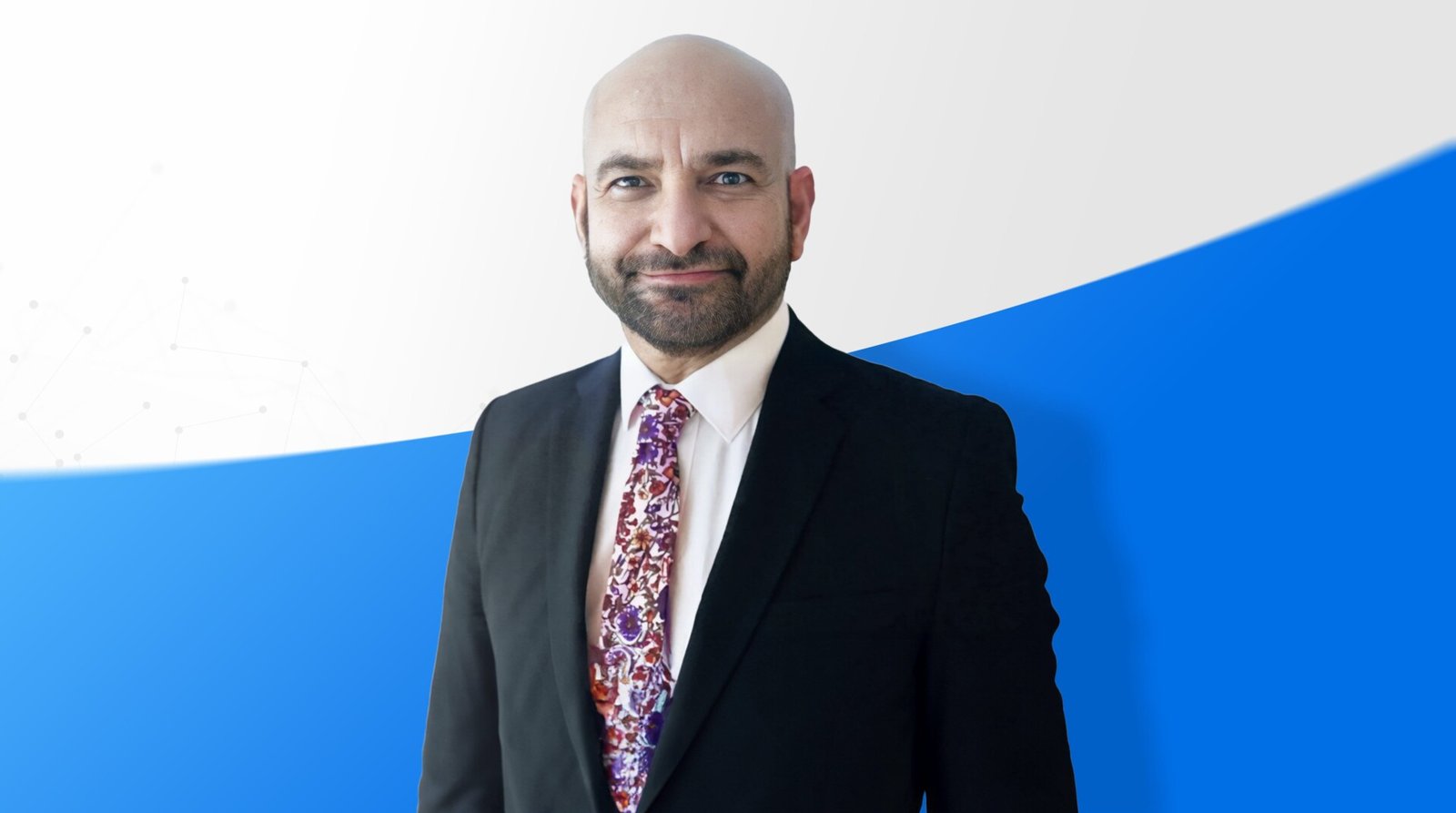The Director for International Strategy at Open Medical, Moh Thudor, MBA, ME, BSc., recently attended the EIT Health Summit 2024 in Amsterdam, Netherlands.
The summit brought together hundreds of stakeholders from the healthcare sectors of Europe and Asia, providing interesting perspectives on the future of healthcare and focusing on a shift towards value-based care, and more specifically, value-based procurement.
So we interviewed Thudor to discuss his thoughts on the advantages, challenges, and strategies to facilitate this transition.
What are some of the main takeaways you gained from the EIT Health Summit?
The EIT Health Summit really shed light on the important direction healthcare is heading.
What does this shift towards value-based procurement mean for healthcare services?
It essentially means that healthcare services are starting to look at the bigger picture when it comes to purchasing decisions. Instead of just focusing on the initial price tag of a medical product or service, they’re starting to think about the overall value it brings to both patients and the healthcare system itself.
So, rather than just asking “How much does this cost?” they’re also asking “What health outcomes does this produce?” and “Does this reduce the overall cost of care?” This approach can lead to better patient satisfaction, improved health outcomes, and long-term benefits for everyone involved in healthcare.
But it’s not just about saving money. It’s about better resource management, delivering high-quality patient care, and ensuring the financial sustainability of healthcare providers and systems. It’s a smarter, more holistic approach to healthcare procurement.
It brings some exciting opportunities but also some tough challenges.
On the bright side, this shift can improve patient care quality, cut unnecessary costs, and boost overall satisfaction. It’s a win-win situation where better outcomes also mean financial savings.
But, of course, it’s not all smooth sailing. We’ll need solid data systems, revamped organisational structures, and buy-in from healthcare providers. There’s also the tricky task of measuring value and ensuring fair treatment for all patients. It’s a balancing act, but with the right strategies and teamwork, healthcare systems can make this shift a success.
How do you see this focus on value influencing the future of the healthcare sector?
Putting a spotlight on value in healthcare is going to change a lot, but all for the better.
The main focus will be on getting patients better and faster and keeping them healthy longer. This also means finding ways to make healthcare more affordable by paying for the quality of care, not the quantity. So it’s important to consider the actual value products bring in the long-term.
We’ll see more tech innovations becoming the norm, making diagnoses and treatments quicker and cheaper. Healthcare providers will have to adapt, learning how to manage health, handle data, and engage with patients in new ways.
Yes, it’s going to be a big job, but in the end, we’ll have a healthcare system that’s more innovative, sustainable, and focused on the actual value created.
Discover more about Open Medical:
Open Medical is a provider of cloud-based software solutions for healthcare organisations. Our software engine, PathpointⓇ, is the driving force behind our suite of digital solutions. Our solutions are user-friendly, modern, and designed to streamline entire clinical workflows from referral to discharge across a range of specialties. Our technology is flexible and scalable, capable of supporting projects of any size and complexity, from individual departmental needs to nationwide transformations. But our work goes beyond simple digitisation; we enhance and optimise healthcare processes.

